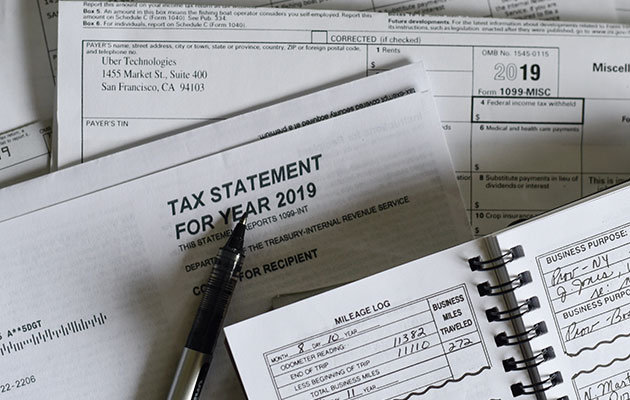-
Articles
Thailand Initiates Antidumping Investigation on Biaxially Oriented Polyamide (BOPA)
On 30 July 2025, the Thai Royal Gazette formally announced the initiation of an investigation into antidumping measures relating to Biaxially Oriented Polyamide film (“BOPA Film”) originating from the Republic of Indonesia, the People's Republic of China, and Taiwan. During the Meeting of the Committee on Dumping and Subsidies No. 3/2568, the committee reviewed a petition for investigation submitted by the domestic industry concerning BOPA Film. The committee found sufficient grounds related to dumping and associated damages, deeming it appropriate to proceed with the investigation. The subject merchandise in this proceeding is BOPA Film, classified in the Thai Customs Tariff Code as HS 3920.92.10, originating from the Republic of Indonesia, the People's Republic of China, and Taiwan. The Investigation period is 1 January to 31 December 2024.
The petitioner can provide evidence indicating that the exportation of BOPA Film to Thailand constitutes dumping. This determination is based on a comparison between the export price of the subject merchandise to Thailand and the sales prices of identical merchandise in the Republic of Indonesia, the People's Republic of China, and Taiwan, all calculated at the EX WORK price. Preliminary findings reveal a dumping margin of 12.28% based on C.I.F. in the Republic of Indonesia, 31.01% based on C.I.F. in the People's Republic of China, and 23.27% based on C.I.F. in Taiwan. In addition, the petitioner presented preliminary evidence to substantiate claims of significant damage to the domestic industry, which is attributed to a noticeable increase in import volumes. This surge has led to a decline in the domestic selling price of the products manufactured by the petitioner, adversely affecting the petitioner’s productivity. As a result, there has been a deterioration in return on investment, negative cash flow from operations, and operating losses associated with the sale of the same products.
The Department of Foreign Trade (“DFT”) commenced an investigation into antidumping measures and potential damages on 30 July 2025, by disseminating questionnaires to relevant stakeholders. Stakeholders, including domestic manufacturers, importers, or exporters who have not received the questionnaire, are encouraged to contact the DFT by 14 August 2025 to participate in the investigation. Should stakeholders fail to submit notifications in response to requests to complete the questionnaire within the specified deadline, or should they decline to provide responses to the questionnaire, the DFT reserves the right to rely on “facts available” for purposes of the investigation, which could or lead to results that are less favorable to the non-responding parties.
Please note that in situations where stakeholders are foreign nationals and wish to appoint a third party, such as a law firm, to act on their behalf, it is essential to provide all of the required, notarized legal documents. These documents should include an original power of attorney, an original certificate of company registration, and certified copies of the passport of the company's signatory, along with certified copies of the passports or identification cards of individuals granted authority in the power of attorney.
Stakeholders are required to present their facts and opinions in written form or to give formal notice of their intent and request to make verbal statements about the dumping investigation and the impact of the dumping to the DFT by 29 August 2025. If stakeholders are unable to complete the questionnaire by the specified deadline, an extension may be granted by formal request, provided there is a valid justification. A written request for an extension should be submitted at least seven days prior to the submission deadline and must include a detailed explanation of the reasons for requesting the extension. Approval of extensions is contingent on the validity of the reason(s) presented and the potential impact of the extension on the overall progress of the investigation.
This article is intended merely to provide a regulatory overview; it is not comprehensive, and is not intended to constitute legal advice. If you have any questions on this or on any other areas of law, please do not hesitate to contact the author:
Siriwan Nopareporn
Associate






